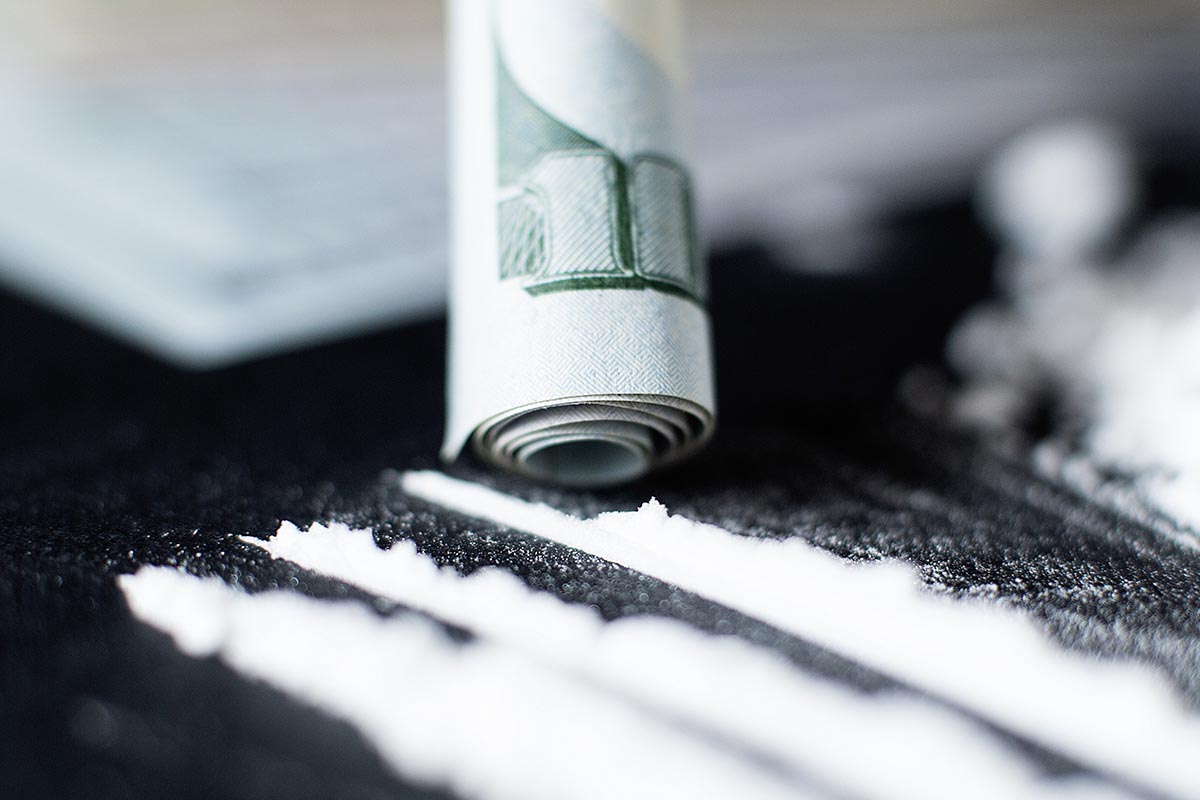
Recognizing drug use in a loved one can sometimes be tricky. To effectively help them get treatment, you'll need to clearly identify their drug of choice and be able to confirm an abuse or addiction problem. Cocaine is a commonly known illicit drug derived from the coca plant, originally found in South America. When processed, the resulting cocaine is a potent stimulant and highly addictive. Often associated with hard-partying clubgoers or ambitious business professionals, the ability to keep going with seemingly boundless energy is appealing to many people. But there is a downside, of course. The high wears off, and then more cocaine is needed to rev back up.
Over time, an individual builds up a tolerance, and larger doses at more frequent intervals are required to achieve the desired effect. Naturally, as a stimulant, it is placing tremendous stress on the heart and other body systems, which can easily culminate in an accidental overdose. Even casual use can result in dependency, and the addiction takes over at that point.
At our San Antonio cocaine addiction rehab center, we have extensive experience with cocaine addiction, as well as treatment for other substances. Moreover, our highly trained, professional staff is ready to help you take control of your life and break the cycle of addiction. Call us today at 866.957.7885.
While there are many ways to consume cocaine, most users snort the drug in powder form. Doing this consistently can cause damage to the nasal cavity and often leads to a runny nose. Many cocaine users seem to constantly have a cold or the sniffles. Furthermore, They may complain of having a cold or allergies to cover up this symptom. Heavy cocaine use can lead to nosebleeds as well.
One of the most telling ways to identify cocaine use or abuse is looking at a person's eyes. Cocaine can cause a lack of quality sleep, resulting in red eyes from exhaustion. On top of that, cocaine is a stimulant that can cause red, bloodshot eyes. Many cocaine users have watery eyes, uncontrollable tears, or redness of the eyes that persists throughout the day.
Like all drug use, cocaine use can profoundly impact an individual's behavior. One of the major signs of cocaine use in a person is drastically changing moods that fluctuate quickly. For example, a person may seem sullen, quiet, or upset. After a trip to the bathroom, they may return happy, confident, and outgoing. This drastic change in mood may be a result of cocaine use.
Even if there is no apparent change of mood, cocaine can increase the outgoing nature of a person, making them the life of the party when they usually would be more reserved. Furthermore, it can also lead to a greater likelihood of aggression and a minor annoyance that might have resulted in an eye roll now escalates out of proportion and possibly gets physical.
Cocaine use may cause a person's appetite to decrease since it's a stimulant, so sudden weight loss may be an indicator. Those who use cocaine frequently might also disappear at regular intervals in order to use cocaine. They may then fabricate excuses for this odd, reoccurring behavior.
Sometimes, the most evident signs of cocaine abuse or use are not behavioral or physical but simply have to do with the visibility of paraphernalia. Most users consume cocaine in a white powder form, so spotting this powder on possessions or a person's face may be one clear sign.
Cocaine paraphernalia is any type of equipment or material that is used to prepare, consume, or hide cocaine. This can include items such as pipes, bongs, straws, razor blades, and mirrors. It also includes any type of container that may be used to store cocaine, such as plastic bags or small boxes.
If you suspect that someone you know is abusing cocaine, it is important to be on the lookout for cocaine paraphernalia. Being able to spot this type of equipment can help you confirm your suspicions and get the person the help they need.
One primary treatment used after seeing signs of cocaine use is therapy. Addiction therapy is a follow-up to detox, which heals the body. Psychotherapy instead focuses on healing the mind, tackling the roots of addictive behaviors. Therapy also handles co-occurring mental disorders through dual diagnosis treatment. The various types of therapy used to treat cocaine use can be split into the holistic approach and evidence-based modalities.
At San Antonio Recovery Center, therapies used to treat cocaine addiction include:
Cocaine addiction is a serious problem that can ruin your life. Therefore, if you or someone you know is struggling with an addiction to cocaine, it's important to get help as soon as possible. The sooner you get treatment, the better your chances are of recovering from your addiction and living a healthy, happy life.
Without question, a reliable, high-quality cocaine addiction program is the best course of action. Therefore, you need to call San Antonio Recovery Center at 866.957.7885 to learn more and secure a spot in a rehab program for cocaine use, abuse, or addiction. It's never too late to regain control of your life and achieve sobriety.
contact us now!
